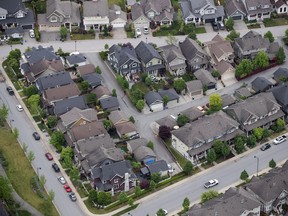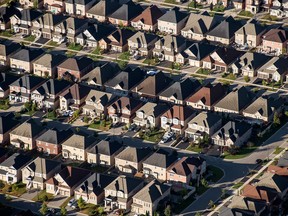Economists are paying more attention to our inflation fears — only subscribers have access.

Rewriting Inflation Expectations: A Comprehensive Exploration
In recent discussions about inflation expectations, economists have highlighted their significant impact on both personal and national economies. This article delves deeper into these aspects, expanding each section with detailed analysis and real-world applications.
The Role of Inflation Expectations in Economic Decision-Making
Understanding inflation expectations is crucial for policymakers and individuals alike. These expectations shape decisions across various sectors, including spending patterns and employment strategies. A key point to consider is how these expectations vary among different income groups. For instance, young workers often base their spending on future salary increases, whereas retirees might prioritize current expenses over savings.
The Psychological Basis of Expectations
The formation of inflation expectations is influenced by psychological factors such as optimism or pessimism. Individuals with higher income levels tend to have more accurate expectations due to greater financial stability. This accuracy can lead to proactive economic behaviors, mitigating the adverse effects of unexpected inflation increases.
Impact on Various Economic Sectors
Inflation expectations extend beyond personal finances into broader economic activities. For example, in housing markets, rising mortgage rates can deter future buyers from taking loans if they anticipate higher borrowing costs. This effect is more pronounced among first-time homebuyers who might delay purchases based on expected rate increases.
Effects on Employment and Savings
A study by Weber et al. found that inflation expectations significantly impact employment decisions. Workers in sectors with predetermined wage contracts may hesitate to accept lower pay increases if they expect inflation, leading them to hold off on spending despite job security. This trade-off between income and cost of living creates a complex dynamic for individuals managing their savings.
Behavioral Biases and Their Implications
Behavioral economics offers insights into how cognitive biases affect inflation expectations. For example, anchoring bias might cause individuals to rely too heavily on the latest reported figure when forming future expectations, potentially leading to overestimation or underestimation of inflation trends. This reliance can create a self-fulfilling prophecy where expectations drive economic outcomes.
How Expectations Affect Savings Behavior
Savings decisions are deeply influenced by expected future inflation. If individuals anticipate a significant increase in prices, they may opt for precautionary savings to buffer against rising costs. Conversely, underestimating inflation could lead to reduced savings rates, potentially exacerbating long-term economic imbalances.
Current Trends and Future Outlooks
Recent data shows a persistent challenge with controlling inflation, particularly post-pandemic recovery. Central banks’ strategies, such as interest rate hikes, aim to stabilize the economy while managing inflationary pressures. As these policies continue to impact global markets, understanding their effects on inflation expectations becomes increasingly vital.
Conclusion
Inflation expectations are a multifaceted phenomenon influenced by psychological, economic, and societal factors. Their variations across income groups and behavioral tendencies highlight the need for nuanced economic strategies. By analyzing current trends and behavioral biases, policymakers can craft more effective measures to balance inflation control with economic stability.
This comprehensive exploration underscores the importance of understanding how inflation expectations shape various aspects of the economy, offering valuable insights for both experts and informed readers.




